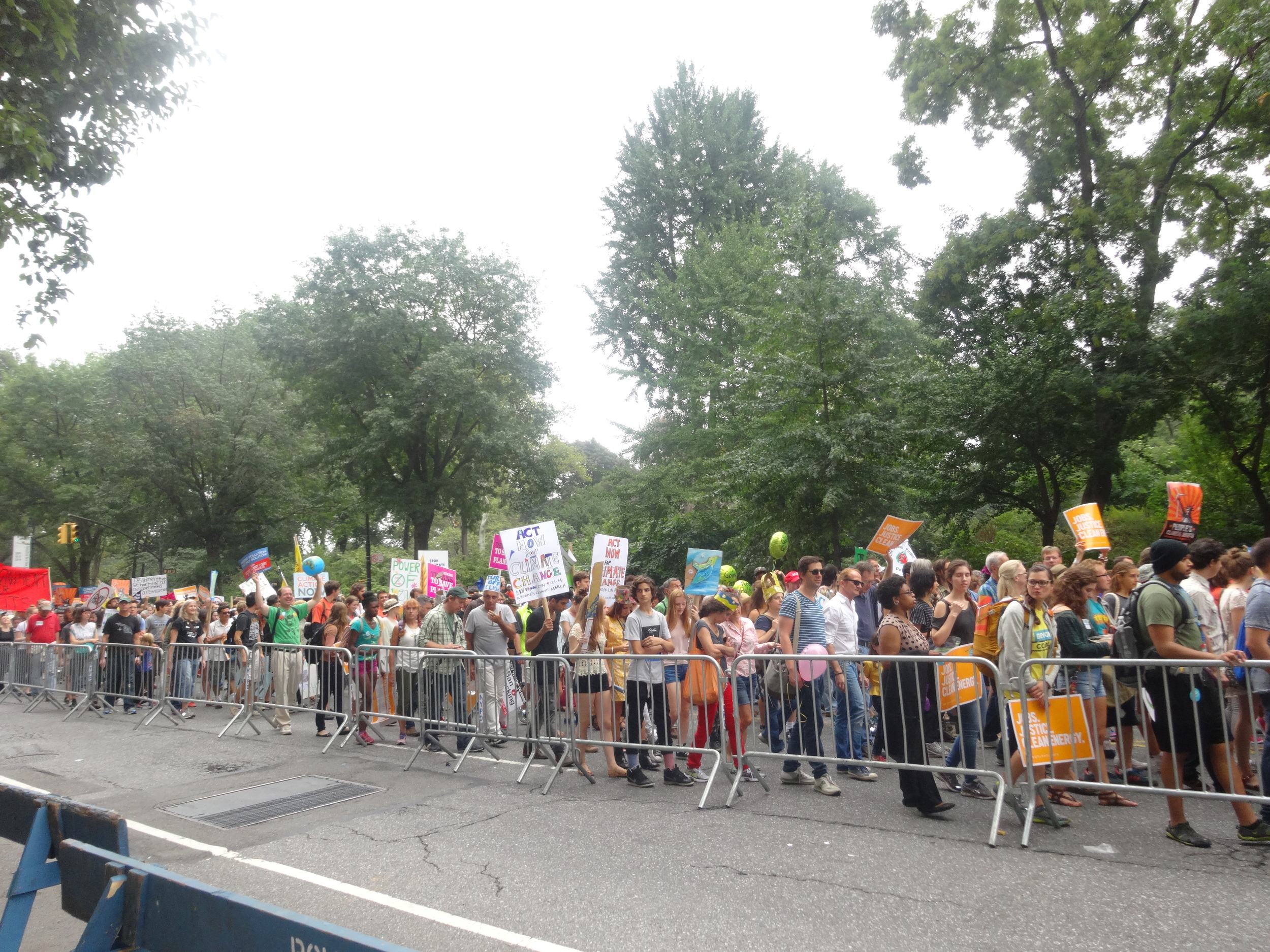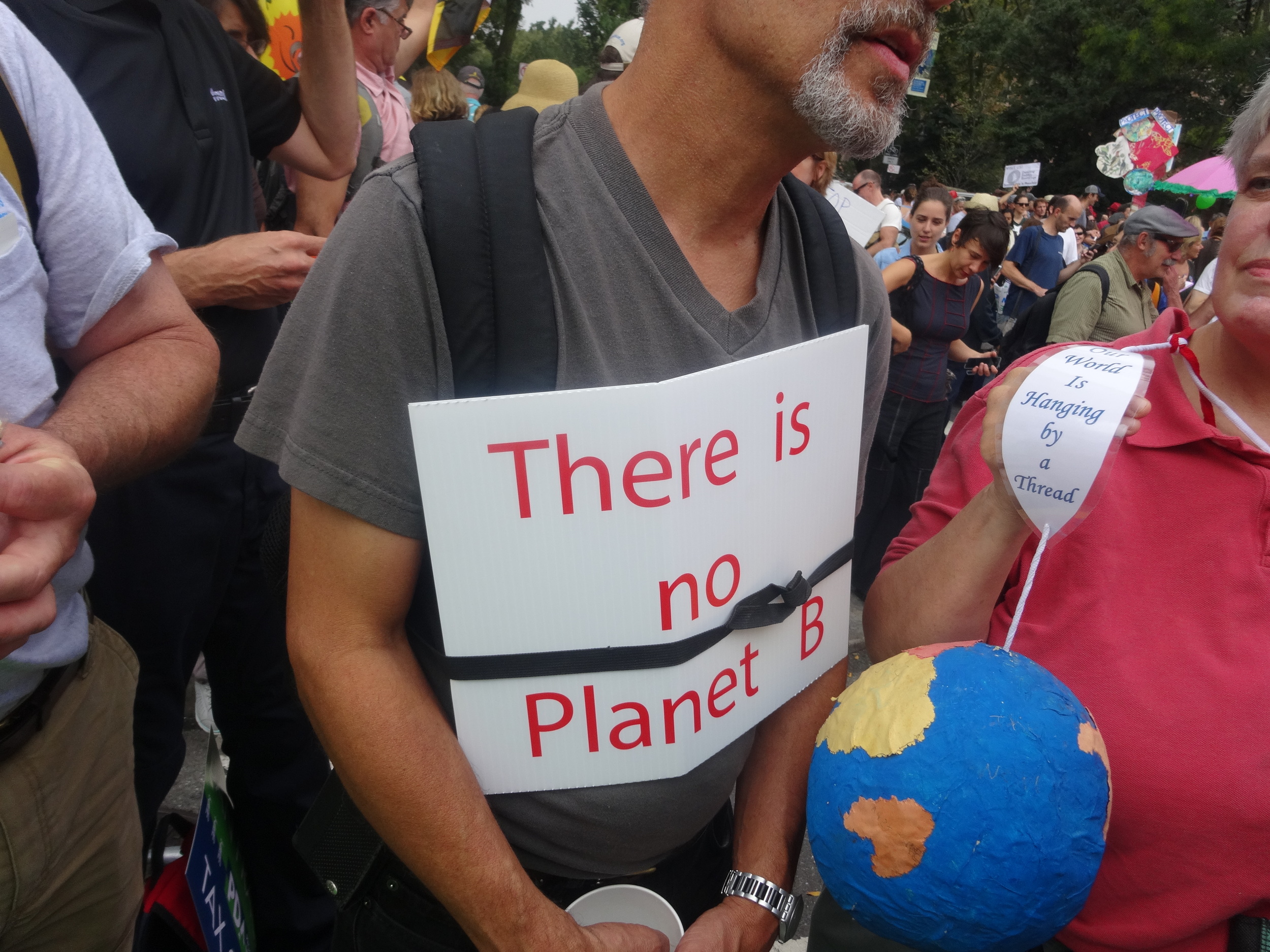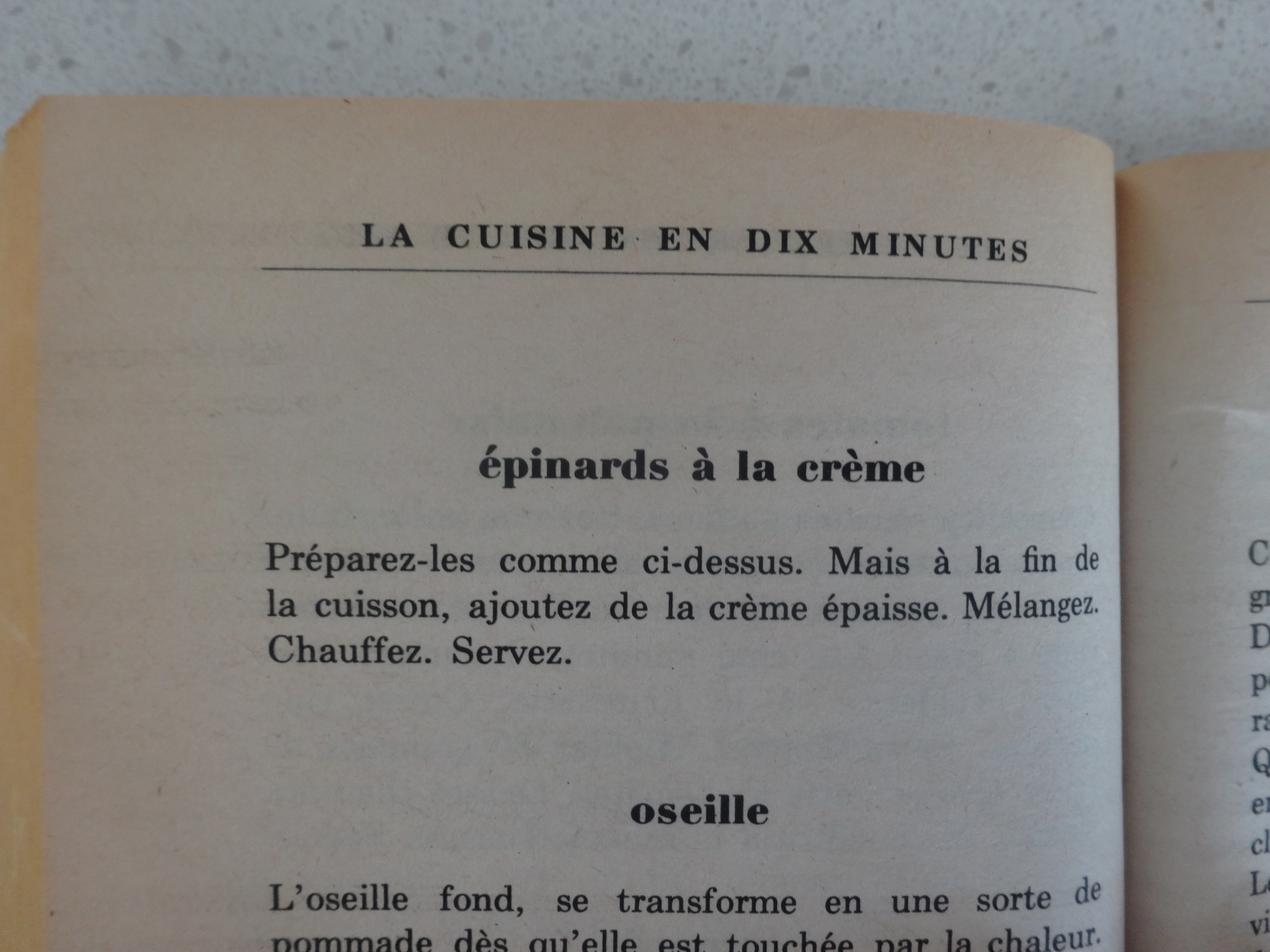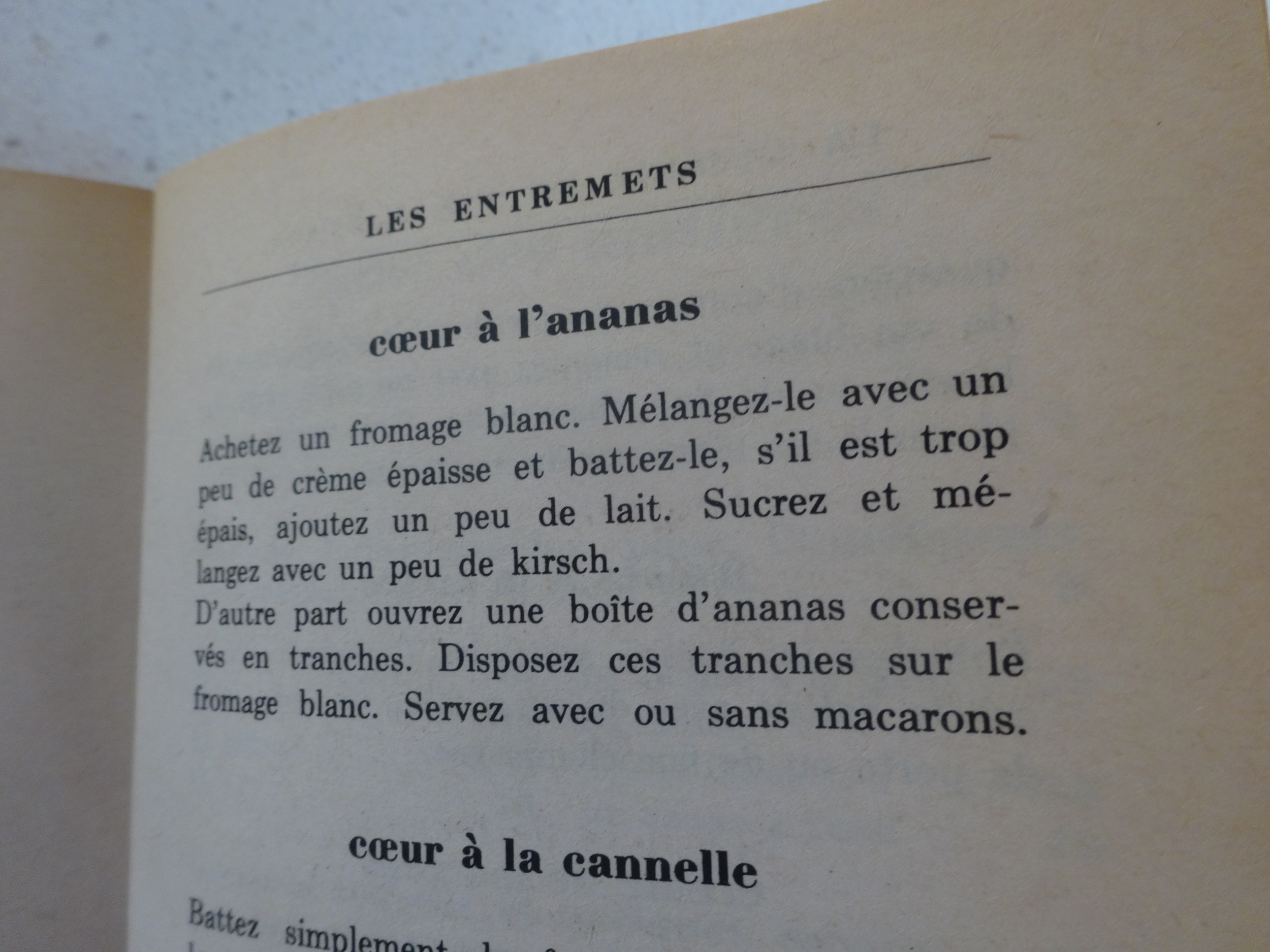"You make enemies, they don't really exist," my wise 13-year old daughter said the other day while we were driving to the library. Did you nod your head just now, or did you think "huh?" Here's the thing, at least from my perspective. Our beliefs shape our reality, and our reality, at least to a large extent, shapes itself around our beliefs. Suppose you feel really vulnerable and are fearful of someone breaking into your house. If this is a prevailing thought you play over and over in your mind, you may well be setting yourself up to experience just what you fear.
When you understand the world around you as dangerous and adversarial, when you see people as "other" and treat them with mistrust because "well, you never know," when you believe you need to fight a cause or someone, you are making imaginary enemies. That is why some of our ways don't work so well, because we "fight" an illness, we "fight" pests and weeds, we "fight" obesity, we "fight back."
Instead, let's cooperate, let's work together, let's try to understand, let's try to be compassionate - with others, with ourselves, with the environment. If you put out with your thoughts, beliefs and expectations more of what you actually want to experience you will get more of that back. They had a point in the 60s when they said to make love not war. Enemies are imaginary because we make them up in our mind. Also take a look at an earlier related post "love those germs."












